US President Donald Trump significantly expanded his fixed-income holdings this fall, buying no less than $82 million in corporate and municipal bonds from late August through early October, according to newly released federal ethics filings.
The information, published Saturday by the US Office of Government Ethics, outlines a surge of investment activity during that five-week window.
The documents, filed under the Ethics in Government Act of 1978, list more than 175 separate transactions between August 28 and October 2. While the disclosures do not provide exact dollar amounts for each trade—only broad ranges—the upper estimates indicate the total value of Trump’s bond purchases could surpass $337 million.
Heavy focus on municipal bonds and policy-linked sectors
A large portion of the newly reported holdings consists of bonds issued by local governments, school districts, counties, states, and public agencies, reflecting a strong tilt toward municipal debt.
However, Trump also made extensive acquisitions in sectors that have seen direct or indirect gains from his administration’s policy direction, including areas benefiting from financial deregulation and government-backed initiatives.
His corporate bond buys span a wide spectrum: chipmakers Broadcom and Qualcomm; major technology names like Meta Platforms; retail giants including Home Depot and CVS Health; and leading financial institutions such as Goldman Sachs and Morgan Stanley.
Trump also purchased JPMorgan bonds in late August—just before publicly urging the Justice Department to investigate the bank’s past association with Jeffrey Epstein. JPMorgan has previously stated it regrets its former relationship with the disgraced financier, asserting it did not assist in any wrongdoing.
Quick Reads
View AllAnother notable addition to Trump’s portfolio is Intel bonds, acquired shortly after the US government—under Trump’s leadership—took a stake in the semiconductor company.
The White House did not issue an immediate statement on the latest filings. Officials have repeatedly said that Trump continues to submit mandatory financial disclosures and that neither he nor his family members control the day-to-day management of his investments, which are handled by an external financial institution.
Trump has often noted that he transferred his business operations into a trust managed by his children when he returned to office.
Larger pattern of major investments
An earlier disclosure submitted in August revealed that Trump had already bought more than $100 million in bonds since resuming the presidency on January 20. His annual report filed in June indicated that profits from his many ventures still ultimately flow back to him, renewing debate over potential conflicts of interest.
That filing showed more than $600 million in income in 2024, fueled by cryptocurrencies, golf courses, licensing deals, and other businesses. It also placed Trump’s total assets at a minimum of $1.6 billion, according to Reuters’ calculations.


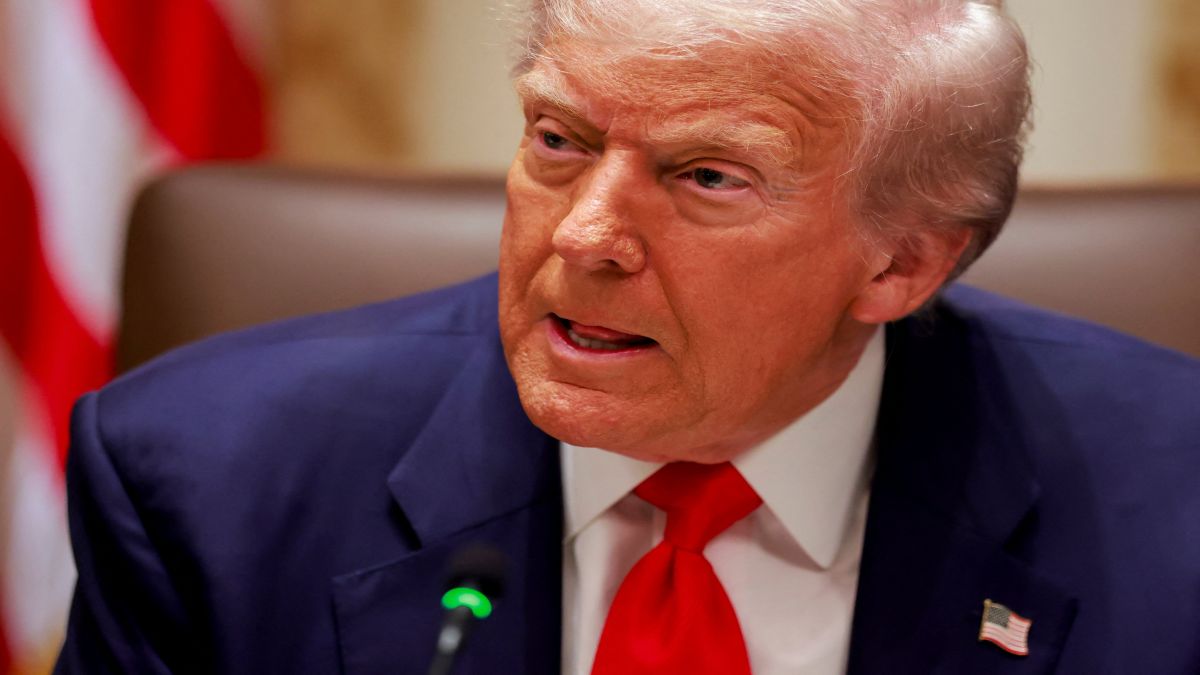)
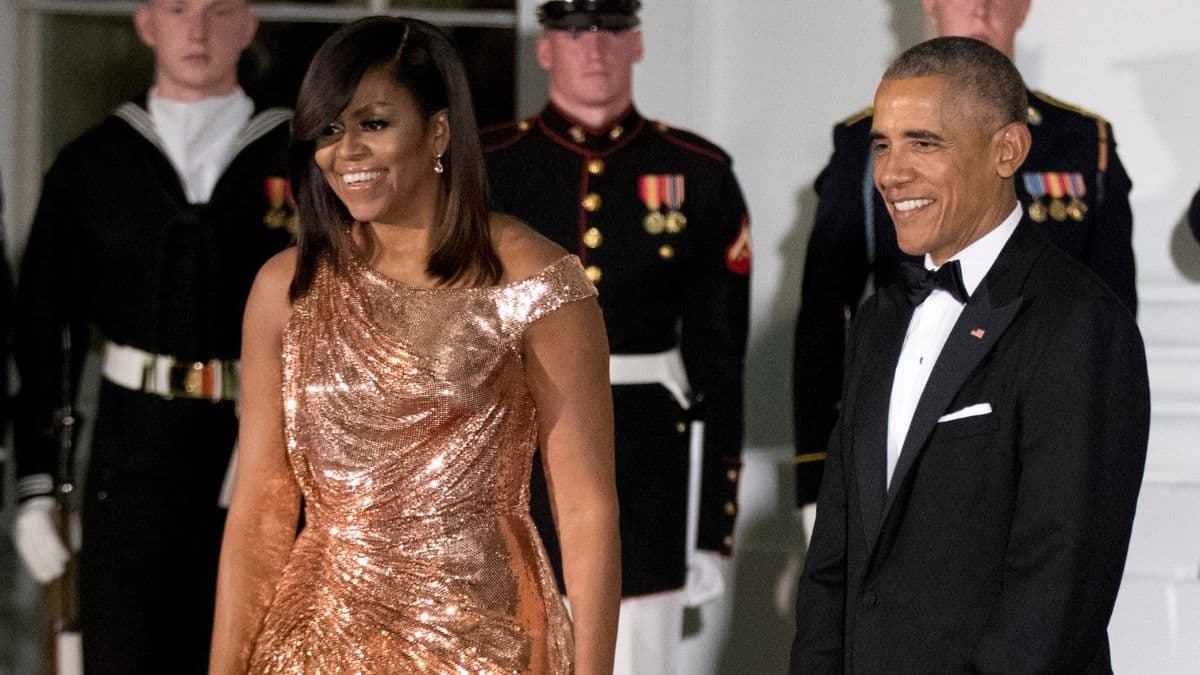
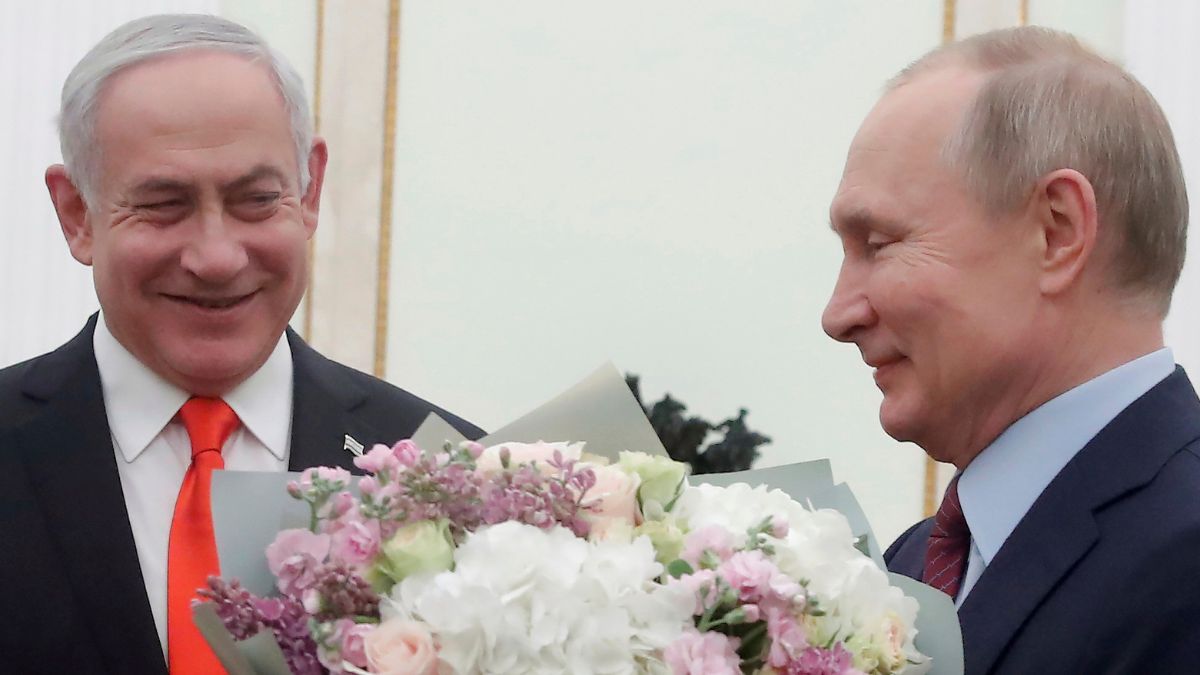)
)
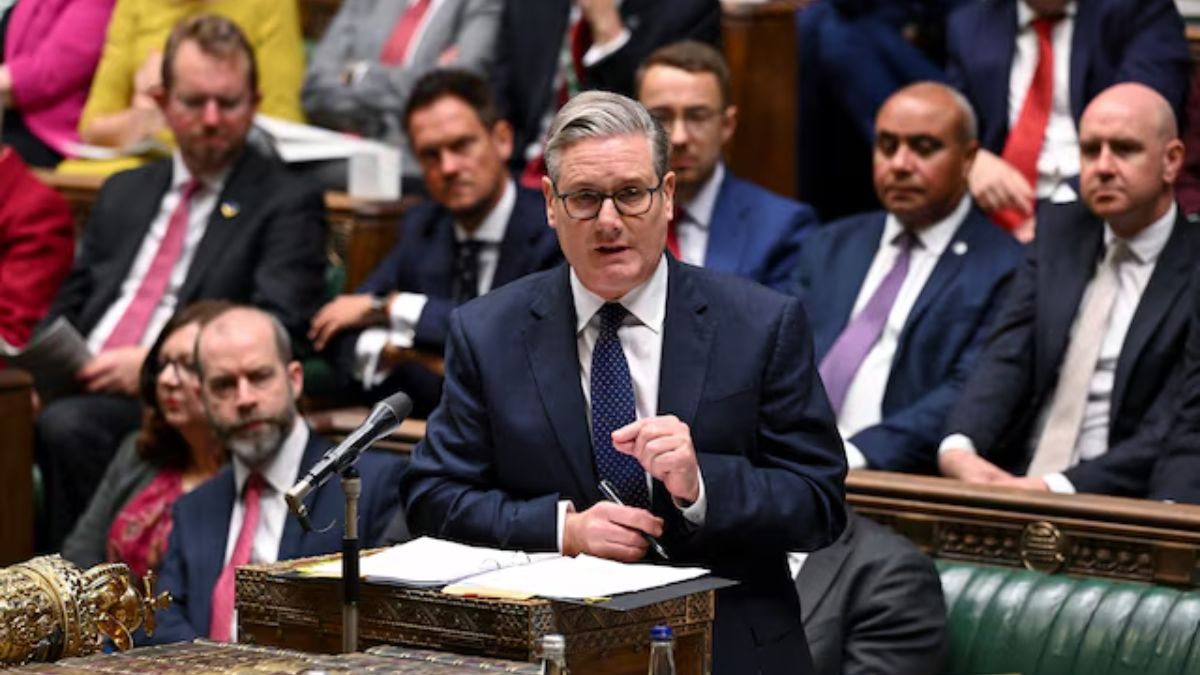)
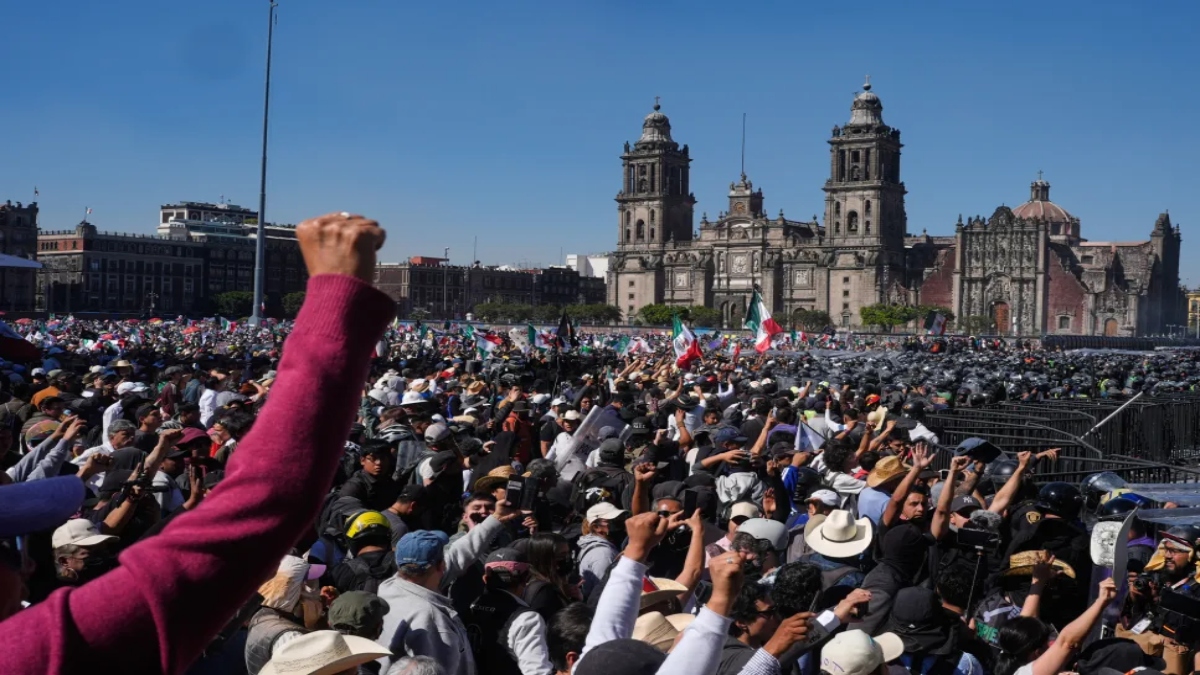)
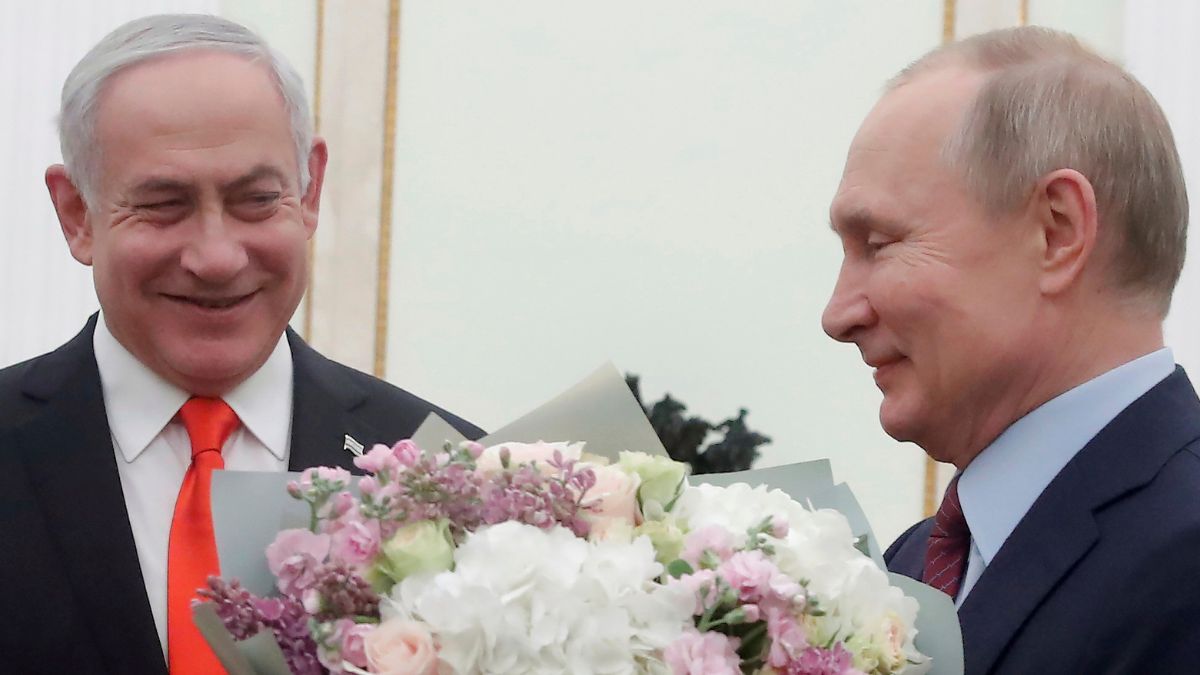)
)
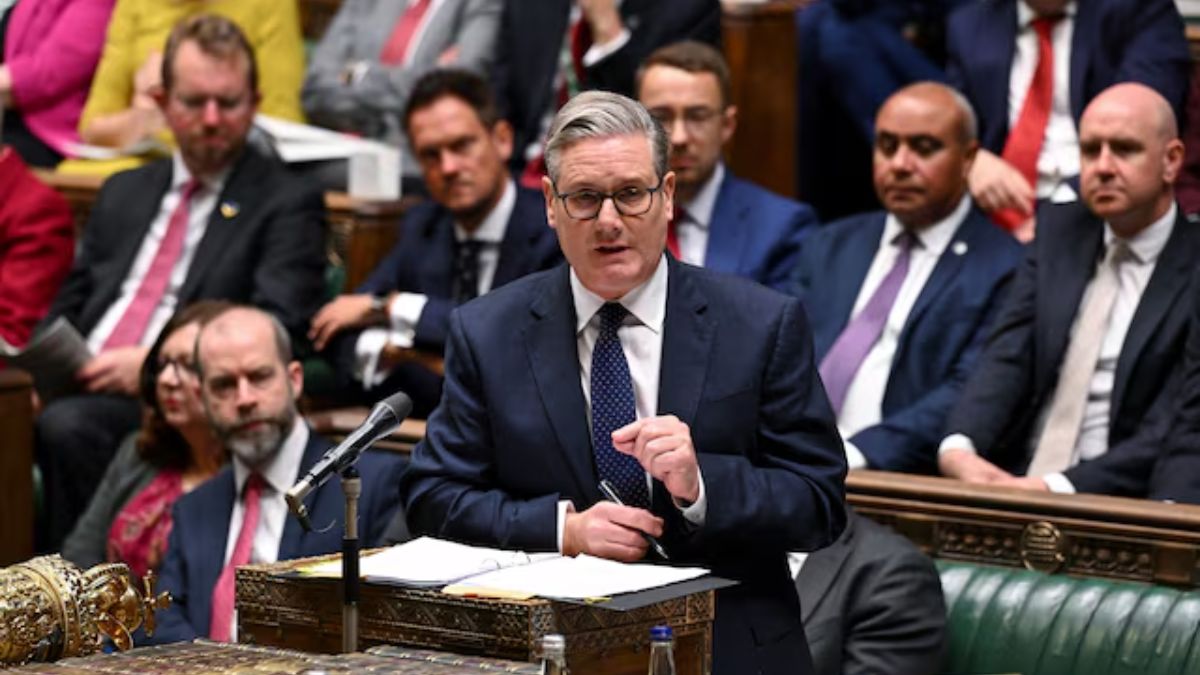)
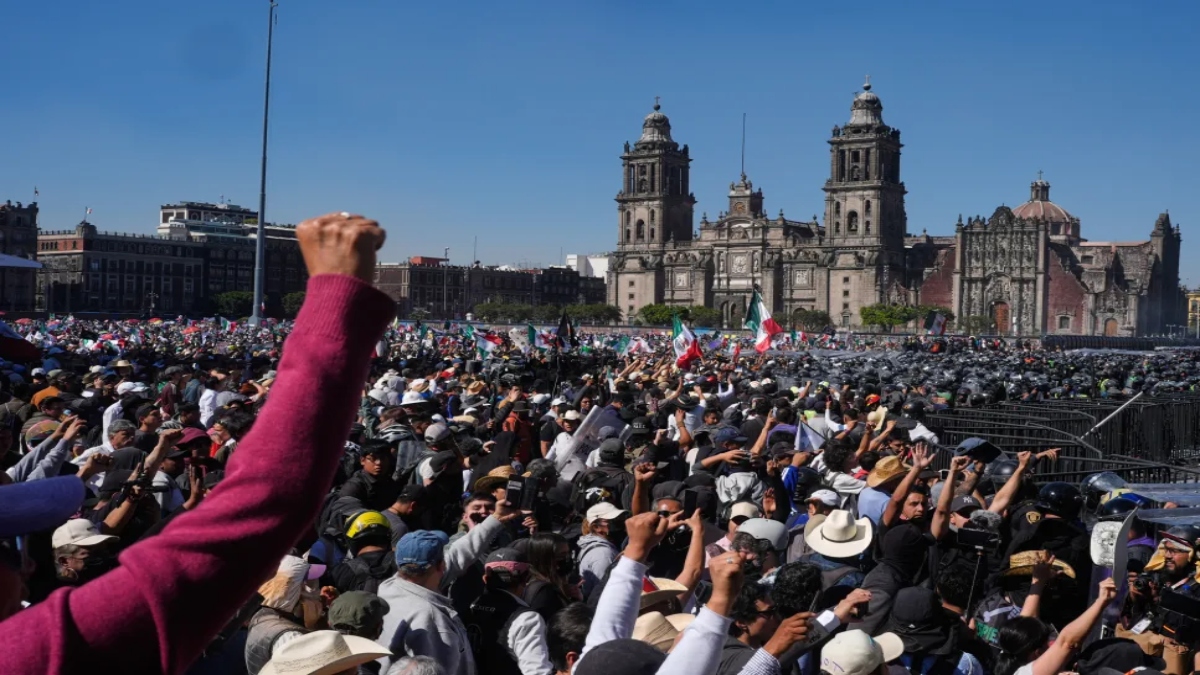)



